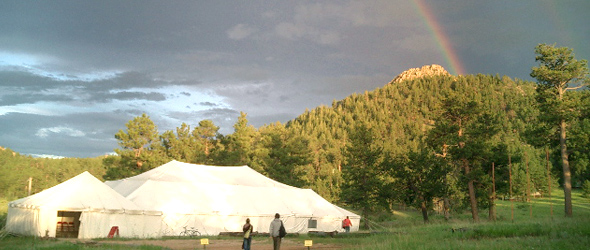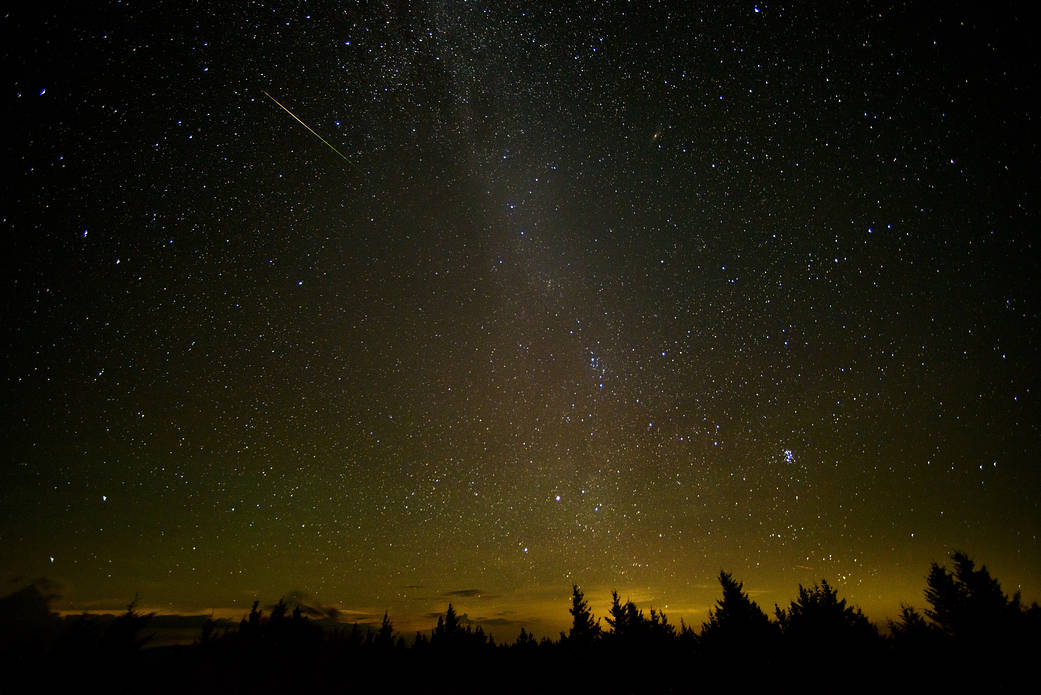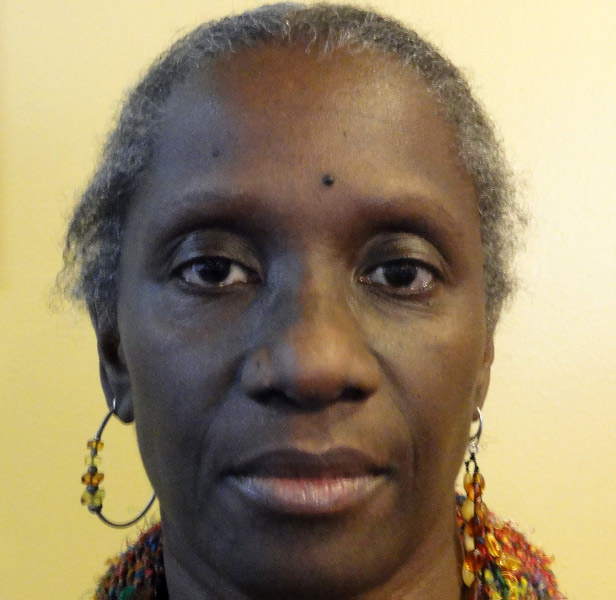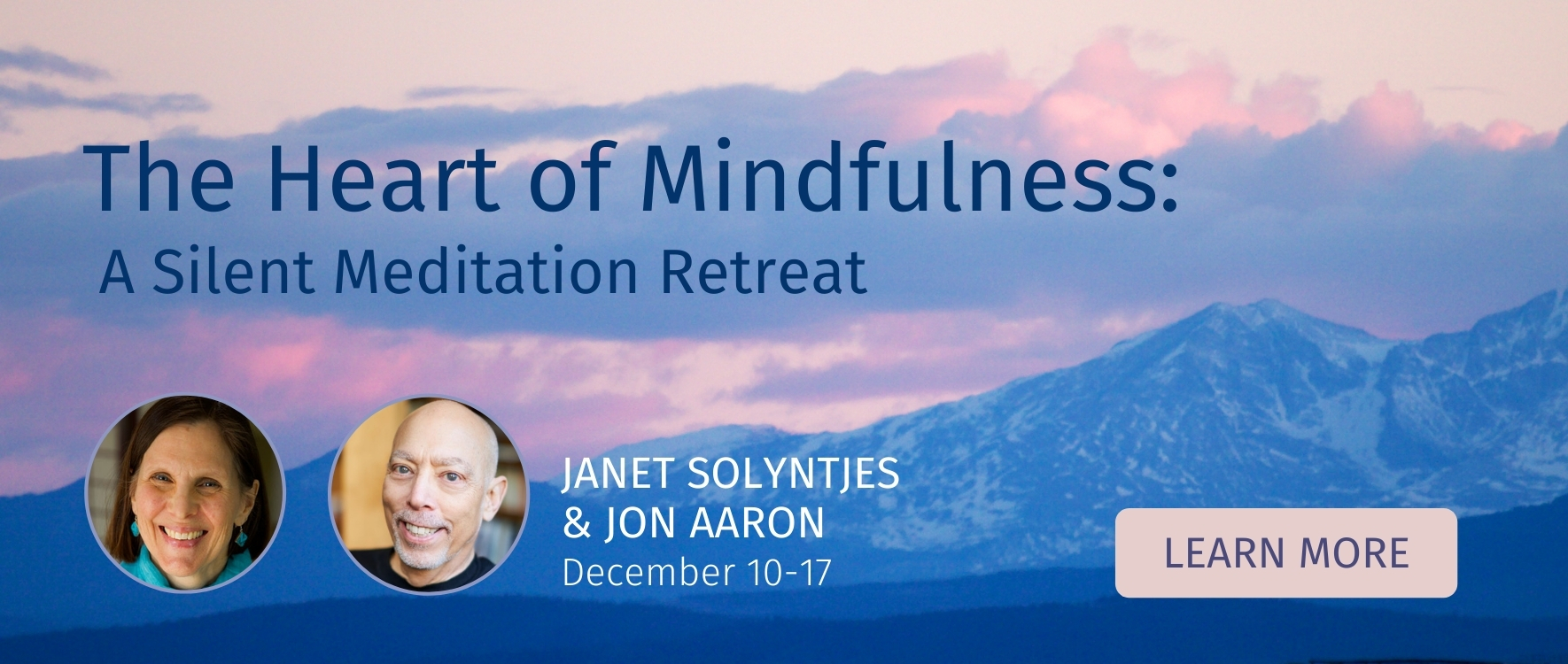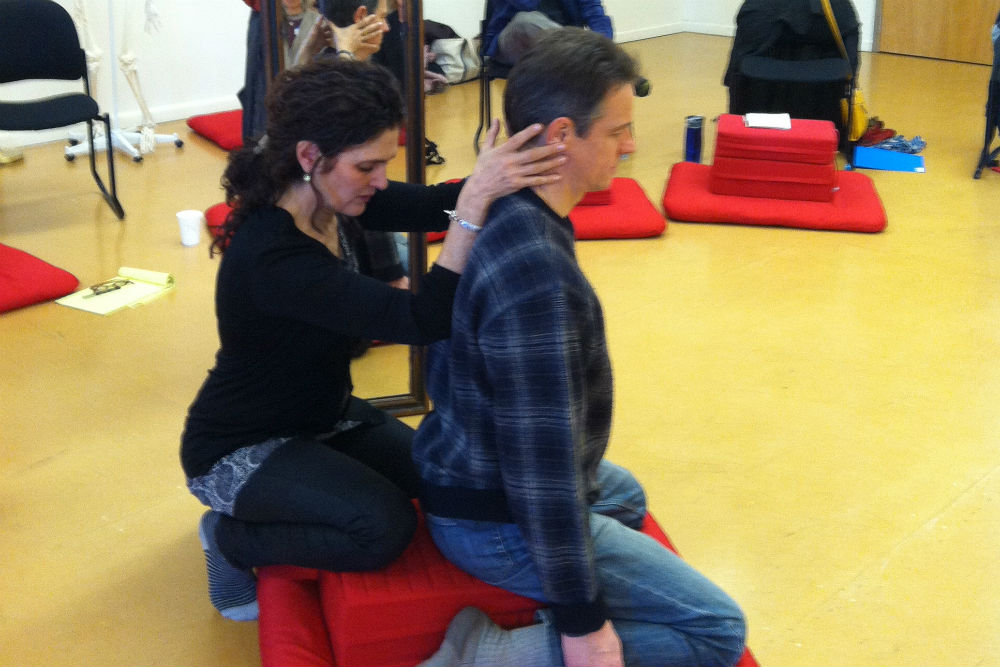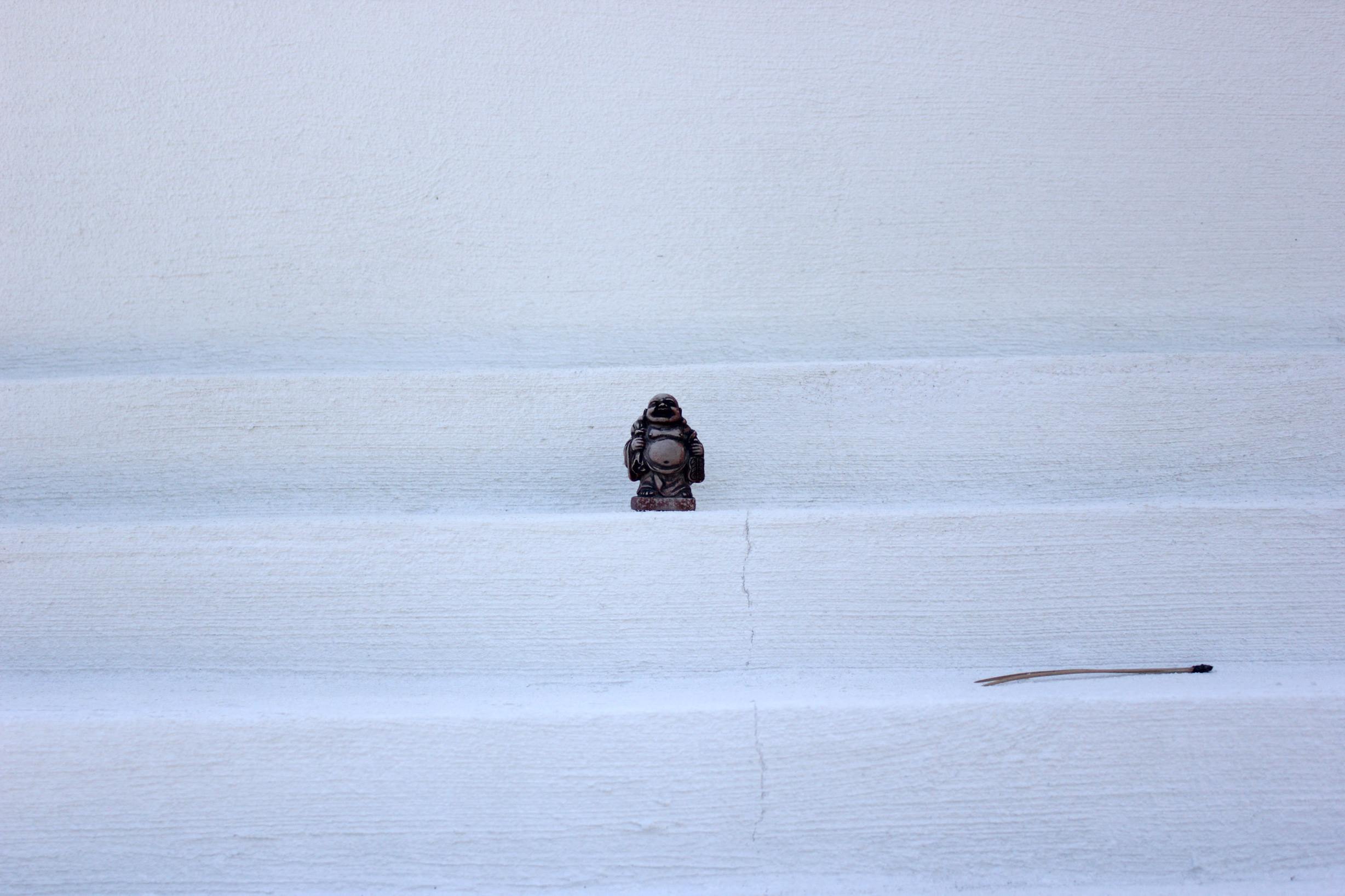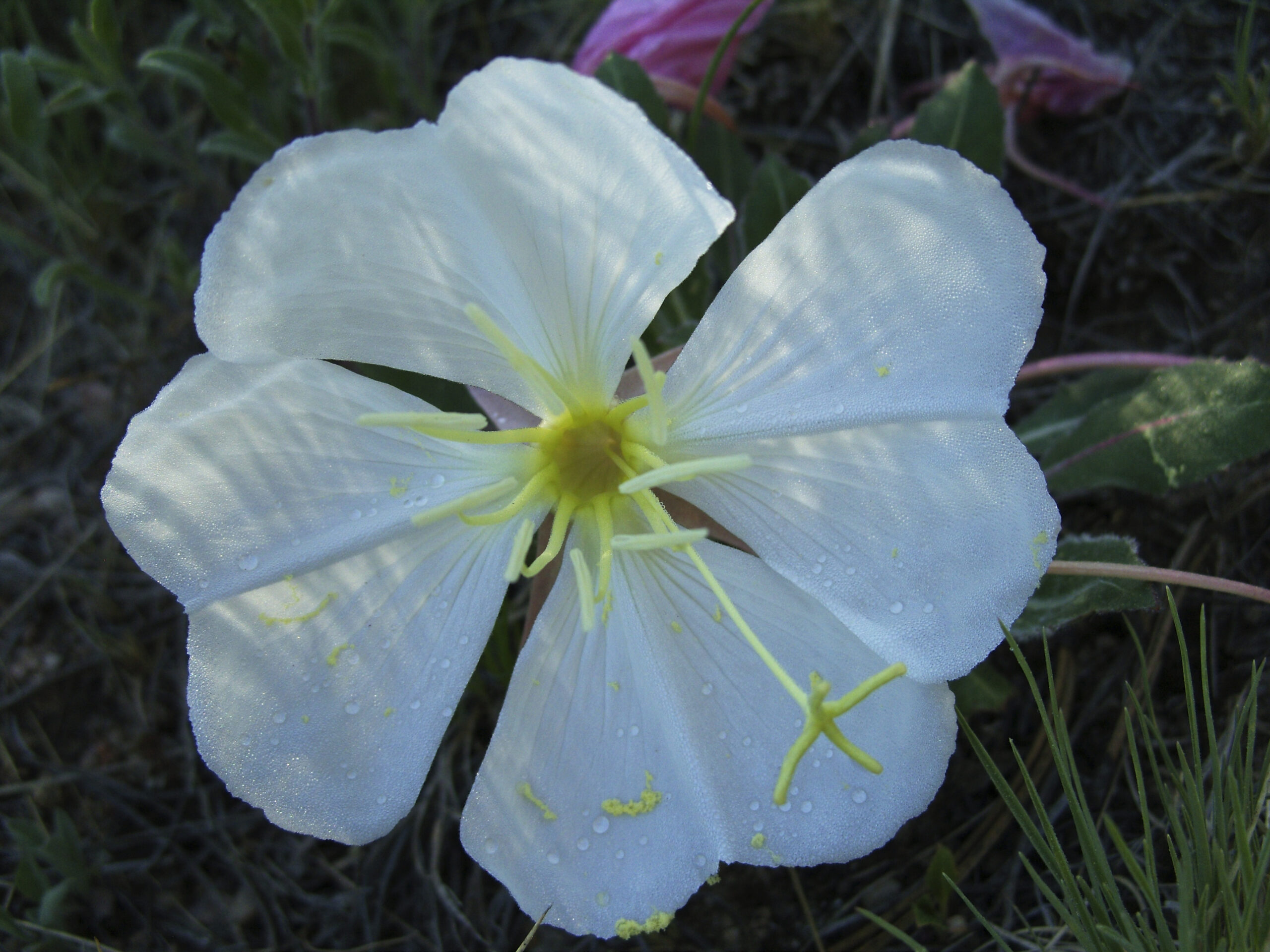Sit Still & Let Nature Play: An Interview With Acharya Allyn Lyon
By Brianna Socha
I first met Acharya Allyn Lyon last fall in Los Angeles when she was the senior teacher at a weekthun. A weekthun is an intensive week of group meditation with almost 12 hours spent in silent practice each day. Her morning and evening talks were welcome guidance, grounding us with wisdom and compassion. Whenever the hot boredom set in and I would start to question why I chose to spend my coveted vacation time sitting quietly on a cushion, her example would remind me of the beauty of someone who has followed the path of meditation.
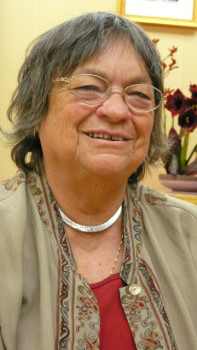
Why do you think it’s important to take moments to slow down?
I think the world has speeded up so fast and there’s so much electronic communication, so there’s no time between things. And you react. Push the “send” button and get a response right back. You can start a war in five minutes with unskillful emails. So it’s out of balance in a lot of ways with speed and materialism. There’s not much respect for the soft sciences—culture, the arts, compassion, empathy. Judgmental mind is very active. Generally speaking, most people are not very in touch with nature. So it leads to a lot of unhappiness, a lot of suffering and bizarre things.
How does nature factor into the retreat experience?
Being in nature has always been a huge part of the SMC experience. The seasons are not theoretical. You feel them. You’re part of it. When the wind blows, you can hear it quite a distance away through the trees. You can see the weather in advance, feel it approach and then it lands on you. It’s very dramatic much of the year because the temperatures can be extreme but always changing, just as clouds are always changing. Then we have animals and they’re changing too. When you come here for a program, a retreat or just a little R and R, you’re always in touch with what’s happening outside. I remember we were having this very intense program in the Sacred Studies Hall last summer and out the back windows you could see a mother and two new fawns wandering around the garden. It was really delightful because it was just part of the whole thing.
As the senior teacher for numerous weekthuns and dathuns, how would you describe the challenge and benefit of attending these programs?
Sometimes the discipline is challenging—silence and sitting in your posture and doing your meditation for hours and hours. It’s hard but you are doing it with other people who are going through the same thing. There’s a sense of humor that comes really quickly because some of it’s absurd. And you can do it. You discover you can do it. Furthermore, you begin to learn about yourself and what you do that is helpful for being happy and what makes you miserable. And you learn that don’t have to do that. You have to do it a little bit to discover that it makes you miserable but then you stop.
People often feel stretched thin with obligations. Stepping away and spending a week or even a month with yourself can sometimes feel awkward…
It’s the kindest thing you can do for the people around you—become a gentler person.
You’ve mentioned you like watching the news. How do you stay connected with all that’s going on these days without getting caught up in feelings of anger and darkness?
I feel the desire to punch somebody a lot. And I recognize it and yeah, that’s the environment. You don’t want to contribute more aggression to it. But it’s good to touch in so that you’re not Pollyana, thinking everything is love and light. “It’s all good.” No, it’s not! That’s not what basic goodness means.
I think if you really keep in touch with your feelings and see the cause and effect, it’s very easy not to get caught. If you are being mindful of your feelings, you can remember to let go. And maybe you actually want to turn it off because enough is enough.
What final advice do you have for getting back in balance?
Sit still and let nature play. Get out of your office and your car and go sit somewhere and watch the squirrels and clouds and slow down a little bit. We let people do that. That’s not wasting time. That’s actually part of your job. Usually.
Acharya Allyn Lyon will be leading the dathun meditation retreat this summer at Shambhala Mountain Center. You can do it! Attend for a week or the whole month.


